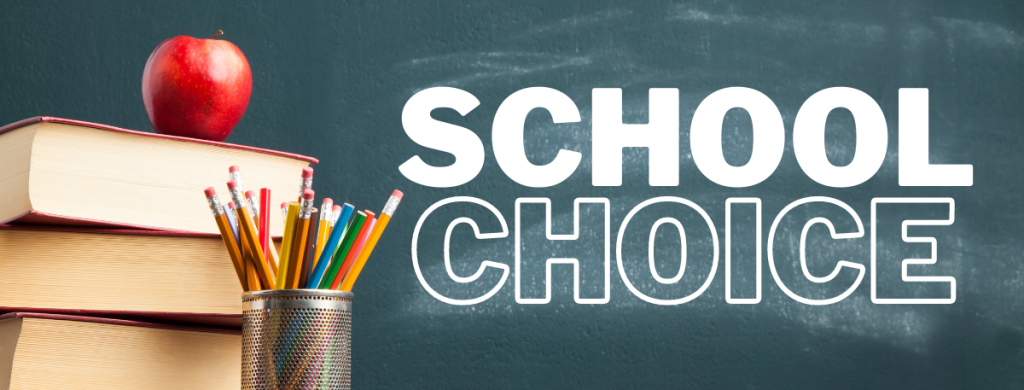School voucher bill heads to governor’s desk
 Contributions by Georgia Recorder and Capitol Beat News Services
Contributions by Georgia Recorder and Capitol Beat News Services
Following five years of unsuccessful attempts by Georgia Republican lawmakers to expand the state’s school voucher program, Republican Senators on Wednesday cast enough votes to send the latest version of the controversial plan to Gov. Brian Kemp’s desk to be signed into law.
On Wednesday, several Republican House Majority Caucus members joined their colleagues in the Senate chamber to celebrate the so-called Georgia Promise Schools Act’s passage by a 33-21 party-line vote. The measure allows families with students enrolled in Georgia’s K-12 public schools to remove $6,500 of state funding provided to local school districts in order to attend private schools or to homeschool.
The Republican-controlled Senate voted 33-21 along party lines to adopt a version of the vouchers bill the state House’s GOP majority narrowly passed last week.
In a bid to steer the vouchers to low- and middle-income Georgians, only students in families earning no more than 400% of the federal poverty limit – currently $120,000 a year for a family of four -would qualify for the program. The cap would be increased only if the General Assembly puts more money into vouchers.
Critics of the vouchers continued the debate on Wednesday whether $6,500 would be enough for cash-strapped families to afford cost of tuition at many of the state’s better private schools.
According to Private School Review, the average private school tuition in Georgia is $11,893 per year, and tuition in the state ranges from $1,042 to $57,500.
Sen. Greg Dolezal, a Cumming Republican, said that $6,500 is close to the state’s median private school cost, which should entice parents of students attending low-performing schools to send their children to a private school.
Dolezal praised the GOP leadership in the House and Senate as well as Kemp for fighting to get Senate Bill 233 across the finish line ahead of the March 29 deadline for this year’s Legislative session.
“I remember my freshman year 2019 when this bill failed on the floor of the Senate,” Dolezal said. “It means the world to me that five years later we united around this tailored bill that we can all agree is a step in the right direction.”
Different versions of so-called school choice proposals failed in recent years as a number of Republican legislators joined the majority Democratic lawmakers to block a plan they contend would divert taxpayer funding crucial to public schools to cover private schools. Several conservative state lawmakers from rural areas in the past have frequently criticized the expansion of a voucher program that local school officials contend will cost them funding that will be hard to cover with local money.
Senate Bill 233’s notable changes this year are intended to address recurring criticisms of voucher programs by attempting to ensure vouchers are available to students from low income families and hold private schools accountable by reporting to the state how those students are performing academically.
According to the bill, private schools must administer standardized tests to students enrolled in the program. In addition, vouchers will be prioritized for families with household incomes under 400% of the poverty level, amounting to $120,000 for a family of four.
If signed into law, the promise scholarship vouchers would first be available in the fall 2025 school year. Gov. Brian Kemp said earlier this year that the voucher program was a top legislative priority this year.
This version would limit the voucher program’s financial impact on state coffers by prohibiting spending more than 1% of Georgia’s Quality Basic Education (QBE) student funding formula on vouchers, a cap that is currently set at $141 million a year to cover tuition for about 21,500 students.
The program would have a 10-year window before it expires. Any student enrolled in the program when it ends will keep receiving the payments until they graduate from high school.
The House also added several provisions to Senate Bill 233 that are unrelated to vouchers. The legislation codifies into state law several teacher pay raises the General Assembly has funded since 2019, Kemp’s first year in office.
It also lets public schools spend capital construction money on new and improved pre-kindergarten facilities.
The measure now heads to Kemp’s desk for his signature. The governor made vouchers a priority this year, endorsing the bill during his State of the State address to a joint session of the House and Senate in January.
